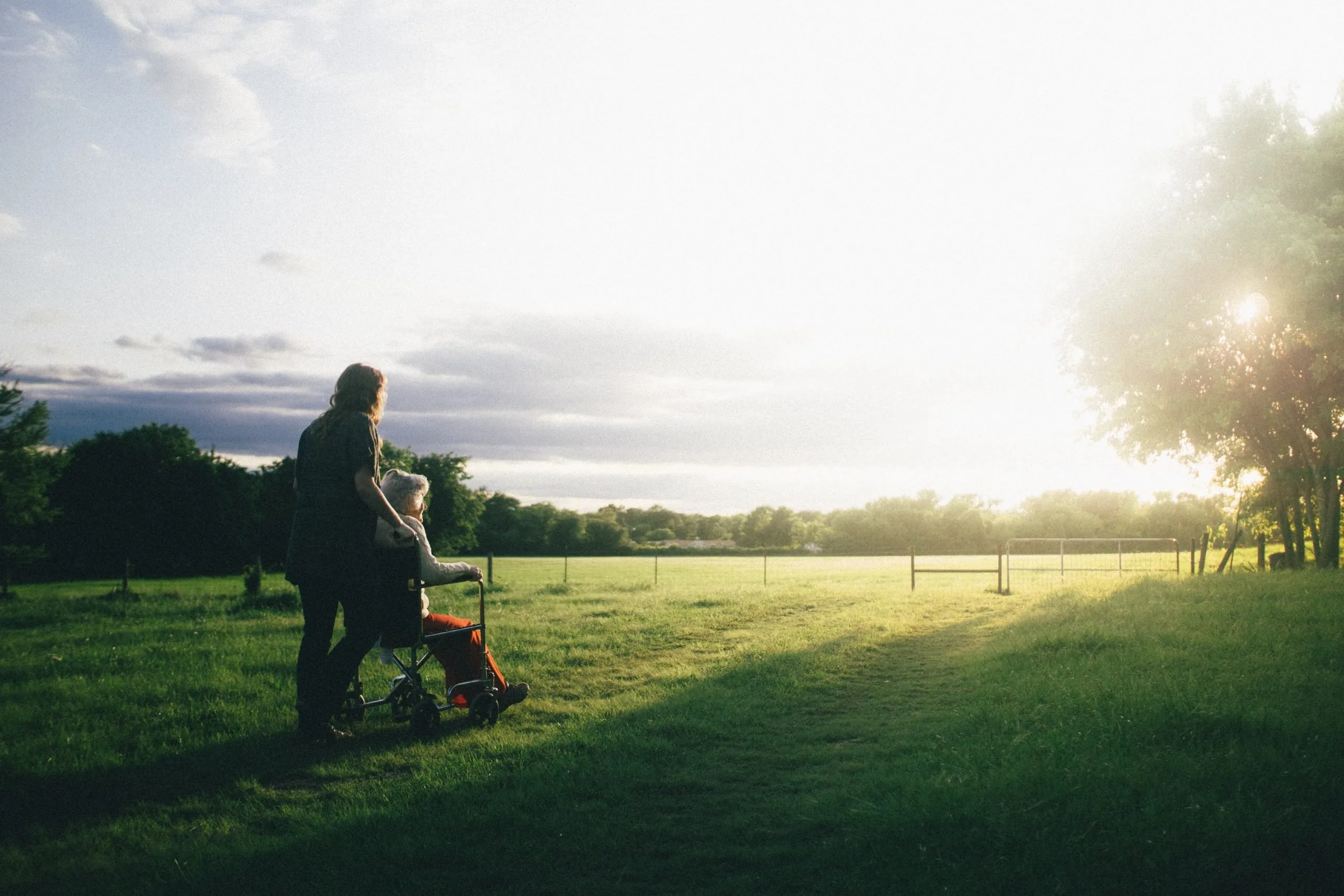Social isolation, loneliness, and frailty in older adults have a complex and sometimes mutually reinforcing relationship. A new Concordia-led study looked at 21 years of data to see how these conditions interact.
Montreal, Nov. 12, 2024 – A new paper led by a Concordia researcher examines how social isolation, loneliness and frailty affect one another and the bidirectional relationship they exert as an individual gets older.
The Frailty Effect
Key findings
The researchers analyzed seven waves of data collected from more than 2,300 older Dutch adults every three years between 1995 and 2016.
They found that physical frailty can be an indicator of future social isolation over time and that loneliness may be both an antecedent and an outcome of frailty.
All three can also be self-reinforcing over time: people who are lonely and socially isolated may become frailer, and as they become frailer, their sense of isolation and loneliness grows. This becomes more pronounced as they grow older.
“In six out of seven waves of data we examined, covering 18 years, we found that older adults with frailty were more likely to experience loneliness, and in five out of seven waves, social isolation,” Mehrabi says.
Two decades of data
The data were collected by the Longitudinal Aging Study Amsterdam, which launched in 1992. The mean age of participants is 72.6 years with about 52 per cent of them female. The minimum age for participation was 55.
To measure social isolation, participants completed six measures asking if they were unmarried, lived alone, had less than monthly contact with their children or other family members or friends. It also asked if they participated in organized activities such as groups, clubs or religious services less than once a month.
A higher score indicated greater social isolation. Mehrabi says this measure looks at the quantity of an individual’s relationships.
The value of friendship and the links to frailty
Loneliness, on the other hand, measures the quality of an individual’s relationships. To measure this, participants responded to 11 questions that addressed the quality of their interpersonal relationships. They would give scaled answers to statements like, “I miss having really close friends.” The higher they scored, the greater loneliness was indicated.
Frailty was measured by self-reported chronic diseases, health status, functional limitations such as the ability to pay bills or do groceries alone, physical performance, memory complaints and depressive symptoms.
It denotes declines in physiological reserves and resilience following stressors like illness, injury or surgery.
The good news is that declines are reversible
“It is important to note that socially isolated people are more likely to engage in unhealthy lifestyles, including smoking, poor diet, poor sleep habits, and not engaging in social activities,” Mehrabi shares.
On a positive note, she says that both
social isolation and frailty, especially pre-frailty, can be reversed with lifestyle changes, including better nutrition, more exercise and participating in group activities.
Stave off frailty
Pre-frailty is an early stage of physical decline in older adults, marked by declining strength, decreasing endurance and slower movements.
“Most interventions now focus on socially isolated older adults, but we also need to target older adults who are frail and make them more engaged with social prescriptions,” she says.
“If they are pre-frail or frail, we can provide them with activities through local institutions like libraries or encourage them to take up physical activities like yoga and tai chi.”
“The most important thing is to improve social connections in older adults with pre-frailty.”
Authors note
The co-authors of this paper are Mary Louise Pomeroy and Emerald Jenkins of the Johns Hopkins Bloomberg School of Public Health, Thomas Cudjoe of the Johns Hopkins School of Medicine, Elsa Dent of Flinders University in Adelaide, Australia and Emiel Hoogendijk of VU University Medical Center in Amsterdam, the Netherlands.
How to avoid frailty as you age
Did you know that how long you can stand on one leg can determine your longevity? Read more here:
How Long You Can Stand On One Leg Can Indicate Longevity



![women [longevity live]](https://longevitylive.com/wp-content/uploads/2020/01/photo-of-women-walking-down-the-street-1116984-100x100.jpg)










